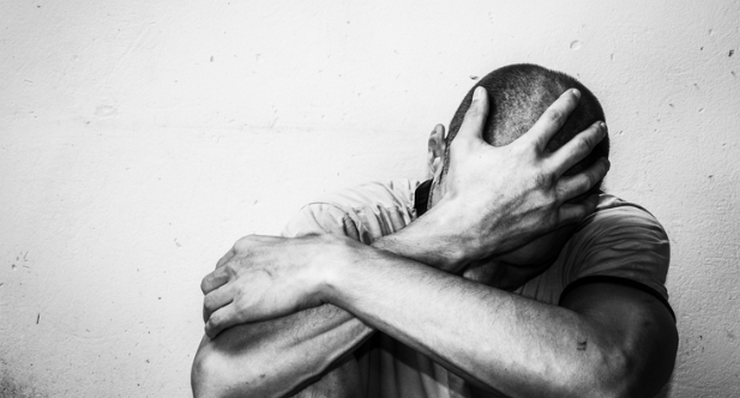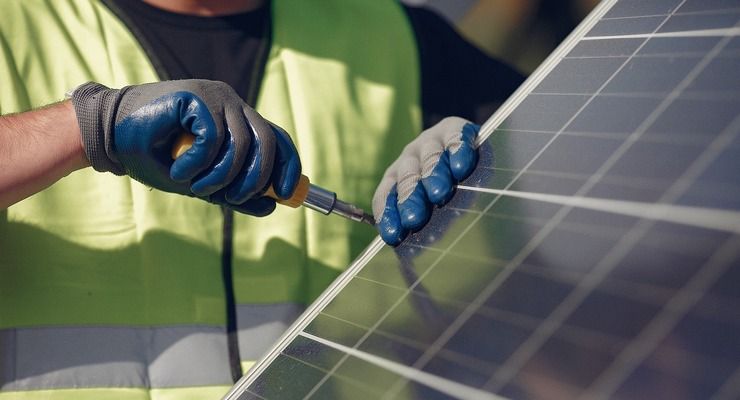The U.S. Supreme Court on Monday lifted a temporary restraining order issued by a Los Angeles federal judge in a case involving several Pasadena residents detained by immigration agents.
The restraining order had barred immigration officers from conducting “roving patrols” and detaining people without reasonable suspicion of being in the country illegally. In a 6-3 ruling, the Court held that agents may detain anyone they suspect is living in the United States unlawfully, even if that suspicion is based solely on a person’s ethnicity, language, or occupation.
The case arose from a Trump administration action launched in June that federal officials called the largest mass deportation operation in U.S. history.
Masked agents carried out raids across Los Angeles County — including in Pasadena — at car washes, parks and bus stops. Plaintiffs in the lawsuit said they were detained without questions, often based only on speaking Spanish or appearing Latino.
Locally, more than 4,000 people demonstrated in Pasadena streets that same month against the Immigration and Customs Enforcement actions.
Less than a week later, masked agents detained several day laborers at a bus stop near Los Robles Avenue and Orange Grove Boulevard, aiming rifles at bystanders and declining to show warrants, witness video shows.
At least five people were detained near Villa Parke a week later. After the judge issued the order, local raids ceased for a short time.
In August, things started up again, as ICE detained six people at a local car wash.
U.S. District Judge Maame Ewusi-Mensah Frimpong initially blocked the raids in July, ruling that stops based solely on race, language, location, or type of work violated the Fourth Amendment. The 9th U.S. Circuit Court of Appeals upheld her temporary order, finding a “real and immediate threat” that plaintiffs could be stopped again. Federal agents reportedly continued some sweeps in defiance of the ruling.
But in its unsigned emergency order Monday, the Supreme Court sided with the administration and allowed the raids to continue pending further appeals. Justice Brett Kavanaugh, in a concurring opinion, wrote that the government was likely to prevail both on standing and constitutional grounds. He cited the Court’s 1975 precedent in United States v. Brignoni-Ponce, which allowed “Mexican appearance” as a factor in border stops, and argued that ethnicity, location, and type of work can be considered in the “totality of circumstances” for reasonable suspicion.
Justice Sonia Sotomayor, joined by Justices Elena Kagan and Ketanji Brown Jackson, issued a sharp dissent. She said the ruling sanctioned “systematic racial profiling” and described the June raids as “terrifying seizures” that violated the rights of immigrants and citizens alike. “We should not have to live in a country where the Government can seize anyone who looks Latino, speaks Spanish, and appears to work a low-wage job,” Sotomayor wrote. “Rather than stand idly by while our constitutional freedoms are lost, I dissent”.
Civil rights groups in Pasadena and Los Angeles condemned the decision, warning it would fuel fear in Latino communities already shaken by the raids. The Justice Department praised the ruling, calling it critical to immigration enforcement in Southern California, where officials estimate about 2 million undocumented immigrants live.
The case, Noem v. Vasquez Perdomo, now returns to lower courts for further proceedings.
On June 13, the City Council approved a statement decrying the raids.
In that statement, the City Council said that Pasadena would not be a City under siege.
“Our community is stronger than fear, stronger than intimidation, and stronger than any attempt to divide us,” the statement reads. “We will not be baited by fear-based tactics. We will respond with unity, dignity, and unwavering resolve.”














 0 comments
0 comments



